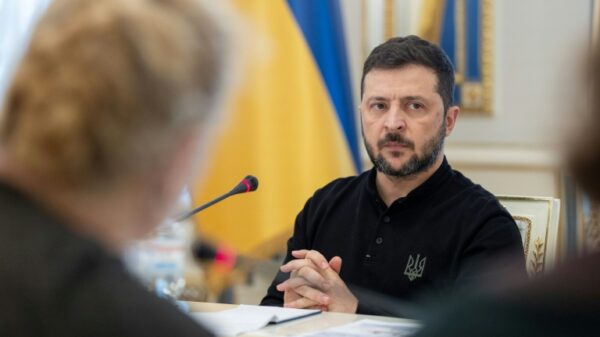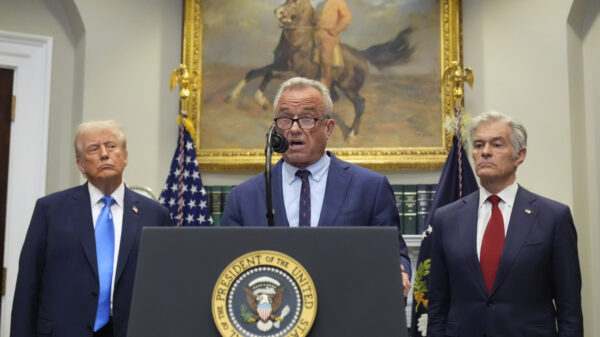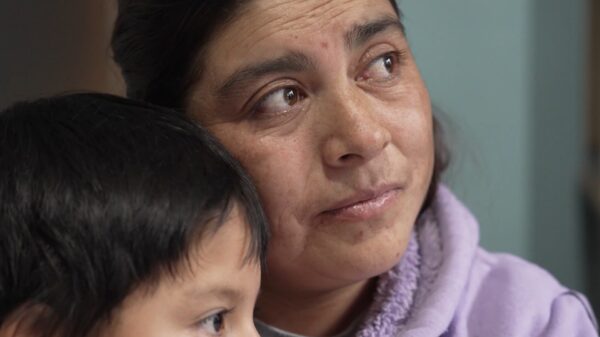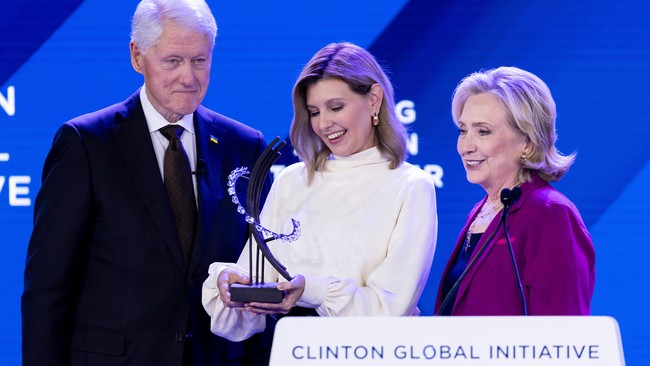Former FBI Director Kash Patel has made headlines by declassifying documents that allege a cover-up by the Department of Justice (DOJ) regarding the Clinton Foundation. This announcement raises significant questions about political interference during the 2016 election cycle. Patel claims that the evidence not only points to corruption within the foundation but also indicates that the Obama administration’s DOJ worked to suppress this information to assist Hillary Clinton in her presidential campaign.
The declassified documents reportedly include a memo tracing the extensive political obstruction faced by FBI agents during their investigation into the Clinton Foundation. According to Patel, agents in various cities, including New York and Little Rock, Arkansas, encountered significant resistance from their superiors, who instructed them to cease their inquiries. The memo, which was originally written in 2017, cites Sally Yates, then-Deputy Attorney General, demanding that the investigation be halted with the directive: “Shut it down!”
Details emerging from the timeline provided in the memo suggest a coordinated effort to impede the investigation. Agents reported that Andrew McCabe, who was the Deputy FBI Director at the time, along with other DOJ officials, consistently placed obstacles in front of their efforts. This obstruction reportedly continued throughout 2016, leading up to the election.
Patel’s announcement comes at a pivotal moment, as Attorney General Merrick Garland has recently convened a grand jury to investigate alleged misconduct involving officials from the Obama administration, including Clinton. While this inquiry focuses on the so-called Russiagate allegations, it leaves open the possibility for scrutiny regarding the Clinton Foundation and the alleged cover-up efforts by the DOJ.
The documents and timeline have stirred a range of reactions among the public and political commentators. Many conservatives express skepticism regarding the effectiveness of legal action unless tangible outcomes, such as arrests or indictments, materialize. Concerns about “evidence fatigue” are prevalent, with citizens frustrated by the lack of accountability for alleged high-profile corruption.
As the investigation unfolds, there are calls for further action, particularly regarding individuals like McCabe and Yates. The expectation is that the grand jury will not only examine potential transgressions related to the Russiagate scandal but also consider the broader implications of the alleged political interference in the Clinton Foundation investigation.
The declassification of these documents underscores the ongoing friction surrounding political accountability and transparency in the United States. As the legal process continues, the implications of Patel’s revelations promise to resonate well beyond the immediate political landscape.
In the coming weeks, the attention will be on the grand jury’s findings and whether they will lead to significant legal repercussions for those involved in the alleged cover-up.







































































